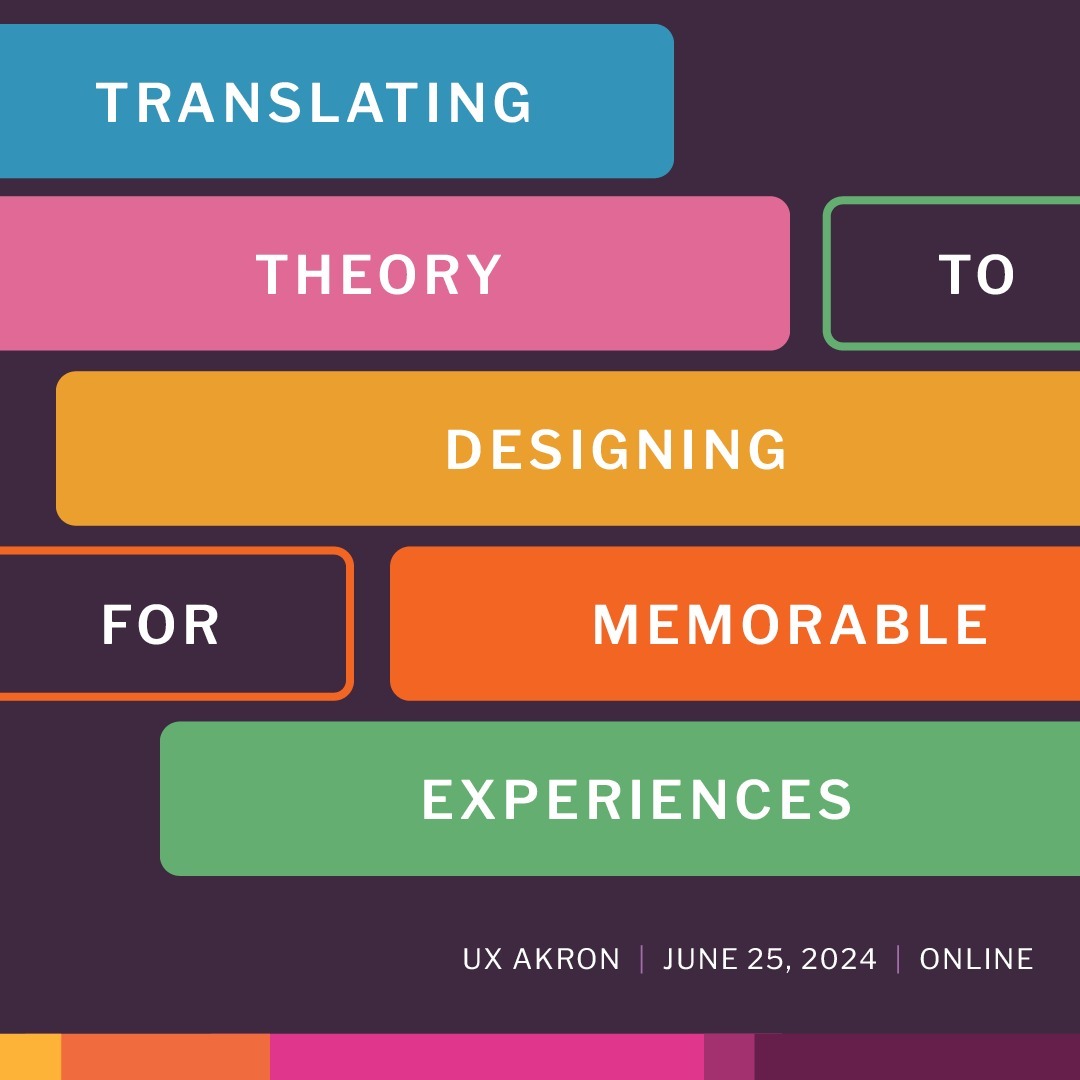Presenting a Digital Toolkit for Training Hyper-Observant Experience Design Researchers

This article describes Aspects of Experiences for Design (AoE4D), a framework supported by an online toolkit that expands undergraduate and graduate students’ perceptions when conducting observational field research necessary for designing useful, usable, desirable, and memorable experiences. Three examples of the digital toolkit are presented, including two custom-built web applications and an online whiteboard activity that develops early-career designers’ skills for coding and analyzing qualitative data. This piece presents how the framework develops students’ design research skills by guiding them through scaffolded critical thinking—focusing their attention on one or two aspects of an experience at a time to enable thoughtful consideration of how the alignment or misalignment of these aspects affects a user experience. The AoE4D framework’s core principles and theoretical underpinnings that shaped its development are presented, as well as an overview of experience design as an emerging design practice. I propose in this article that observation skills and the ability to make connections between those observations are crucial competencies for designing meaningful, relevant products, services, and systems.
Part of the book series: Lecture Notes in Computer Science ((LNCS,volume 14031)). The full paper is available at Springer Link.